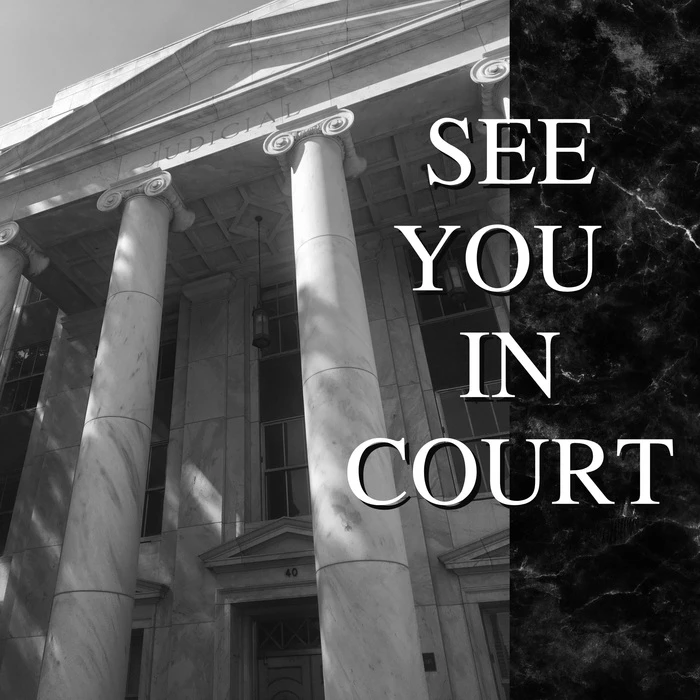Exploring the Intricacies of Special Grand Juries in Georgia Law
In the wake of a special grand jury’s investigation into alleged interference in the 2020 election, the role and workings of special grand juries have come under the spotlight.
That’s why the team from See You In Court has highlighted some important facts here to shed some light on these unique legal entities and how they differ from regular grand juries.
What’s a Special Grand Jury and How Does It Work?
The recent investigation into election interference brought attention to the special grand jury process. Unlike a regular grand jury, a special grand jury is impaneled to investigate alleged violations of Georgia state laws. In the case of the election inquiry, Fulton County District Attorney Fani Willis opted for this investigative tool to thoroughly evaluate the facts.
How Is It Different From a Regular Grand Jury?
While a regular grand jury in Georgia serves for a limited duration, usually one term of court, focusing on various cases from felonies to misdemeanors, a special grand jury has no fixed term. Instead, it centers its attention on a single, often complex topic. Unlike regular grand juries, special grand juries have the power to subpoena the target of an investigation, offering a more comprehensive approach to fact-finding.
Why Use a Special Grand Jury?
Special grand juries come into play when dealing with expansive topics that require more time than a single term of court can provide. Commonly used in cases involving public corruption, these investigations are labor-intensive, involving witness testimonies, document examinations, and consultations with experts. The election interference case exemplifies the ideal scenario for a special grand jury, given its complexity and potential logistical challenges.
What Is the Process?
The initiation of a special grand jury begins when an elected public official in a county or municipality requests the chief judge of the superior court to impanel one. Typically at the district attorney’s request, the chief judge submits the request to a vote among the superior court judges. If the majority approves, a special grand jury, comprising 16-23 individuals from the county master jury list, is formed. This unique body holds the authority to compel evidence, subpoena witnesses, inspect records, and recommend actions based on its findings.
Once the investigation concludes, the special grand jury issues a final report along with recommendations. However, it doesn’t have the power to issue an indictment. It’s the district attorney’s prerogative to decide whether to pursue an indictment and if so, the case is presented to a regular grand jury.
Learn more about Special Grand Juries in Georgia from See You in Court
Learn more about Georgia Law by contacting our podcast team online today.






